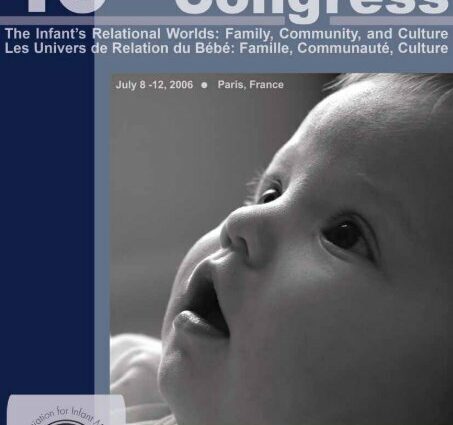Mataupu
- “My child is not doing well in class because he is bored there because he is too intelligent”, how do you explain that this opinion is more and more widespread?
- How can you tell that a child is gifted?
- Is intellectual precocity necessarily accompanied by academic difficulties?
- How can we help a precocious child in his schooling?
- Do you also deplore the negative side attributed to boredom?
- Why did you choose to show the journey of a single child throughout the book?
“My child is not doing well in class because he is bored there because he is too intelligent”, how do you explain that this opinion is more and more widespread?
In the past, people used to think “my child does not do well in school, he is not smart enough”. The logic was reversed to become today a real fashion phenomenon. It’s paradoxical, but above all more satisfying for everyone’s narcissism! Generally, parents find the abilities of their little one remarkable, especially when it comes to their first child, due to the absence of points of comparison. They are, for example, impressed when it makes do with new technologies, because they themselves are reluctant because of their age. In fact, children understand how it works faster because they are not inhibited.
How can you tell that a child is gifted?
Do we really need to categorize children? Each case is individual and we must not forget that the “gifted” or children considered precocious, defined by an IQ (intelligence quotient) greater than 130, represent only 2% of the population. Parents impressed by their child’s abilities often rush to a specialist to have said IQ assessed. However, this is only a very complicated statistical concept, which makes it possible to establish a classification, at a given moment, of the children among themselves. It all depends on the group formed to establish the comparison. IQ is useful for professionals, but I think it shouldn’t be revealed to parents without specific explanations. Otherwise, they use it to justify the cause of all their child’s problems, especially in the school field, without trying to understand.
Is intellectual precocity necessarily accompanied by academic difficulties?
No. Some very intelligent children don’t have a problem at school. Academic success depends on a number of factors. Children who perform well are above all the most motivated and hardworking. Explaining academic failure only by too much intelligence is absolutely not scientific. Poor academic performance can also be due to a poor teacher or because the subjects in which the child is most competent are not taken into account.
How can we help a precocious child in his schooling?
We must try to understand. All children are different. Some encounter particular difficulties, in the field of graphics for example. Sometimes it’s just their way of doing things that confuses their teacher, for example when the child finds the right result without following his instructions. I am against the grouping of children by levels and specialized classes. On the other hand, the entry directly into the upper class, for example in CP if the child can read at the end of the middle section of nursery school, why not… It is important that psychologists, parents and teachers work in liaison so that that walk.
Do you also deplore the negative side attributed to boredom?
When a child is not busy doing something, his parents think he is bored and therefore unhappy. In all social circles, they are thus enrolled in multiple activities or in an air-conditioned center on the pretext that judo calms them, painting improves their dexterity, the theater their capacity for expression … Suddenly, children are super busy and don’t never have time to breathe. However, leaving them this possibility is essential because it is thanks to the moments of non-activity that they can develop their imagination.
Why did you choose to show the journey of a single child throughout the book?
It is about a composite child of many children that I received in consultation. By showing how we can work with this child from his personal story, that of his parents, his language, I wanted to make him come alive, without falling into caricature. Choosing a child from a privileged social background was easier because in this kind of family, there is often an illustrious uncle or grandfather who serves as a reference and an expectation of reproduction on the part of the parents for their offspring. But I could just as easily have chosen a child from a lower social background, whose parents sacrifice themselves to follow the example of an aunt who became the village schoolteacher.










